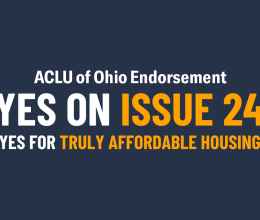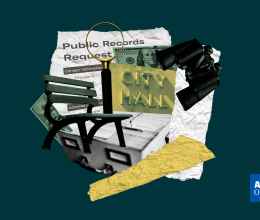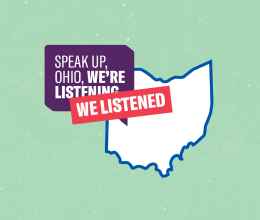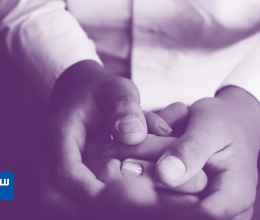Martin Luther King Jr. Day is an opportunity to reflect not just on what King accomplished but also on how his tactics can inform our work for social change.
When King wrote his Letter from Birmingham Jail, racial segregation was an institution. Writing in response to a group of white clergymen who decried the series of sit-ins, marches, and demonstrations that made up the Birmingham Desegregation Campaign as “unwise,” “untimely,” and “extreme,” King made his now-famous defense of nonviolent direct action in the face of injustice.
In the Letter, King calls out those who prefer order over justice and argues that, in engaging in nonviolent direct action, “We merely bring to the surface the hidden tension that is already alive. We bring it out in the open, where it can be seen and dealt with.”
The Birmingham Campaign was part of a movement that brought nationwide transformation and reform. Today, in celebrating the progress toward racial equality that King helped us make, we should heed his words as we face our own ongoing challenges.
A wave of recent police killings of unarmed black people across the country and the lack of accountability for officers who use excessive force are symptoms of how our system still does not deliver justice for all.
The ACLU of Ohio has free resources for protesters: “Protestors: Know Your Rights!” and “What to Do if You're Stopped by the Police.”
More than 50 years after the Birmingham Campaign, as protesters across the country take to the streets chanting “Black Lives Matter!” and occasionally disrupting traffic, they bring out into the open tension that is getting harder to keep under the surface.
Martin Luther King Jr.’s life and work serve as a reminder that taking to the streets is sometimes the best channel for social change. For advocates of justice, King reminds us that, in order to be successful, we often have to step outside of the courthouse, the statehouse, our offices, and our homes.







